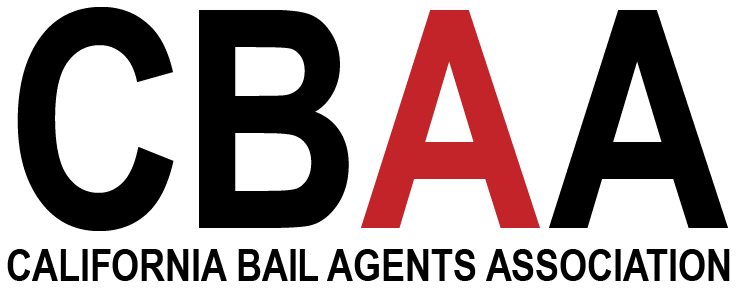Courts of law in Scotland are a unique part of the United Kingdom’s legal framework.
Legal aid adjustments have also been an ongoing issue in the UK. Legal aid is vital for ensuring that everyone, regardless of income, has access to legal representation, particularly in serious cases such as criminal trials. However, cuts to legal aid funding have led to concerns about inequality in the justice system. Critics argue that reduced access to legal aid puts vulnerable individuals at a disadvantage, particularly in criminal cases where the consequences of a conviction can be life-changing. In response to these concerns, the UK government has introduced some reforms to the legal aid system, but there remains an ongoing debate about how best to ensure equitable access to legal services.
In conclusion, the help provided by law courts in the UK is diverse and multifaceted. From legal aid and support services to the use of technology and special provisions for vulnerable individuals, UK courts aim to ensure that justice is accessible to all. Despite challenges such as funding cuts and an increasing demand for services, the UK justice system continues to offer a range of support mechanisms designed to help individuals navigate the legal process. Whether through free resources, specialized courts, or the use of technology, law courts in the UK are working to make the legal system more inclusive, efficient, and accessible to everyone.
How courts deal with young offenders is overseen by special Youth Courts, which operate separately from adult courts. These courts aim to focus on rehabilitation rather than punishment, and proceedings are less formal. Young people appearing in court are given additional support and may be referred to youth offending teams for interventions.
England’s court hierarchy is divided into various levels that handle both civil and criminal matters. Each level plays a specific role in administering justice, ensuring that legal disputes are resolved fairly and according to the rule of law.
While the UK prides itself on having a well-established legal system, mistakes do happen—and their consequences can be devastating. From wrongful convictions to procedural blunders, the impact of legal errors is felt by individuals, families, and society as a whole.
Judicial bias can also contribute to mistakes. Should you cherished this informative article along with you would like to get more information regarding law directory submission kindly stop by the page. While UK judges are generally seen as fair and independent, there have been cases where assumptions may have influenced outcomes. leads for lawyers example, in immigration or asylum cases, critics argue that a lack of cultural awareness or empathy can result in unfair refusals and deportation orders.
In recent years, there has been significant debate surrounding the allocation of funds to the UK’s court system, as government budget cuts and financial constraints have led to challenges in maintaining the courts’ ability to function effectively. The financial support of courts is managed primarily by the Ministry of Justice (MOJ), which is responsible for overseeing the budgets of the courts, tribunals, and other judicial services.
In some cases, law courts in the UK also provide free legal resources to help individuals represent themselves. These resources include legal guides, online advice, and links to community organizations that offer legal support. There are also self-help kiosks available in some court buildings, where individuals can access information about their case and get assistance with completing legal forms.
The UK legal system must continue to evolve, not only to prevent mistakes but to respond swiftly and compassionately when they occur. Justice is not just about punishment or resolution—it’s about truth, accountability, and restoring trust when the system fails.
The role of legal professionals in assisting individuals with their cases should not be underestimated. While not all individuals can afford to hire a lawyer, there are a number of free or low-cost services available. For example, many solicitors offer initial free consultations, and some charitable organizations provide pro bono services to help those in need. These legal professionals can provide invaluable guidance to those who are unfamiliar with the law and need help understanding their rights and obligations.
County Courts handle civil cases such as personal injury claims, family matters, landlord-tenant disputes, and breaches of contract. These courts are often the first point of contact for individuals involved in non-criminal legal disputes.
Legal aid in England has seen significant changes. While legal aid is available for individuals who cannot afford legal representation, reforms over the past decade have reduced the scope of coverage, especially in civil cases. Critics argue that this limits access to justice for vulnerable individuals and undermines fairness.
 In addition to criminal cases, mistakes happen in civil court as well. Legal misinterpretations in family law, contract disputes, or property cases can result in financial losses, emotional distress, or prolonged litigation. In family courts, for instance, there have been instances where courts failed to protect vulnerable individuals due to misjudging the severity of abuse allegations or prioritizing procedure over safety.
In addition to criminal cases, mistakes happen in civil court as well. Legal misinterpretations in family law, contract disputes, or property cases can result in financial losses, emotional distress, or prolonged litigation. In family courts, for instance, there have been instances where courts failed to protect vulnerable individuals due to misjudging the severity of abuse allegations or prioritizing procedure over safety.
